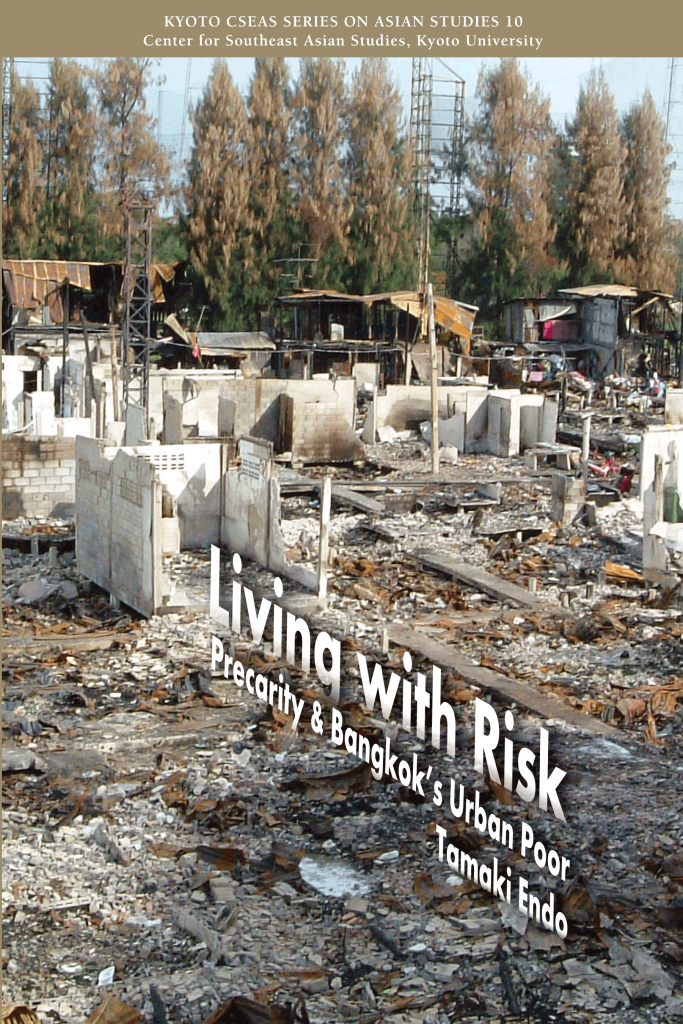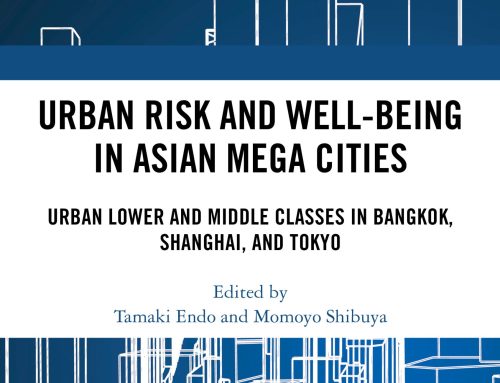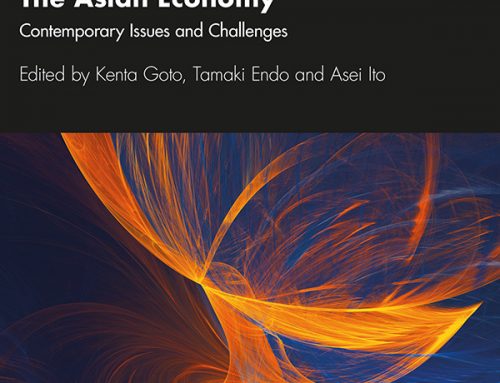
The informal economy in Bangkok, Thailand, offers upward mobility but is fraught with risk. For members of the urban lower class, residence and occupation are closely inter-connected. Shifts in priorities in housing, occupation and education as family circumstances change affect the way they deploy their limited financial resources, while home fires and job lay-offs make it necessary for poor communities to accommodate frequent changes of residence and variations in production and consumption.
People with limited resources are extremely sensitive to uncertainty. Living with Risk examines how lower class communities in the inner city and the urban fringe of Bangkok view their employment prospects and living conditions, and how they manage risk. The author draws on two case studies, one considering the situation of women who became self-employed after losing factory jobs during Thailand’s economic restructuring in the late 1990s, and the second a community displaced by a devastating fire. The book’s detailed examination of the dynamics of the informal economy makes a substantial contribution to the literature on development economics in urban areas. (From NUS Press’s website)
NUS
https://nuspress.nus.edu.sg/pr
Kyoto University Press
https://kyoto-up.or.jp/books/9
Journal of Southeast Asian Studies, Vol. 46, Issue 02, June 2015, pp.336-337. By Dr. Jonathan Rigg
Southeast Asian Studies, Vol.4, No.2 August 2015, pp.421-424. By Dr. Danny Marks
Pacific Affairs, Vol.89. No. 2, June 2016, pp.480-482. By Dr. Gisele Yasmeen
Urban Studies Vol.53. No.5, April 2016, pp.1063-1066. By Non Arkaraprasertkul.




